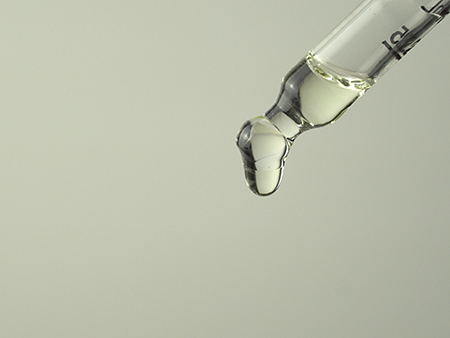Media contact: Brianna Hoge
 A University of Alabama at Birmingham professor and student have received the 2020 Paper of the Year award from Epilepsy & Behavior Reports for their research studying the effect cannabidiol can have on the brain structure of epileptic patients.
A University of Alabama at Birmingham professor and student have received the 2020 Paper of the Year award from Epilepsy & Behavior Reports for their research studying the effect cannabidiol can have on the brain structure of epileptic patients.
In a 2018 study, UAB researchers published evidence of the significant improvements patients with treatment-resistant epilepsy had in seizure frequency and other measures of efficacy while taking CBD oil.
Co-authors Jerzy Szaflarski, M.D., Ph.D., associate professor of epilepsy neurology and director of the UAB Division of Epilepsy, and Ayushe Sharma, Ph.D., a student in the UAB College of Arts and Science’s behavioral neuroscience program, conducted a study to see if taking CBD oil for seizures could have an effect on the brain’s gray matter volume and cortical thickness.
The study included 18 participants ranging from 16-73 years old who have TRE and are on a regimen of antiseizure drugs. After initial scans, participants began a daily dose of CBD at 5 mg/kg, taken in conjunction with ASD, until the participants were on a steady dosage of 5-25 mg/kg per day for 10-24 weeks.
Results of the study indicated that CBD did not have any effect on brain structures.
“We scanned patients’ brains before CBD was added to their treatment regimen, and then again after 12 weeks of CBD,” Sharma said. “From the scans, we were able to conclude that gray matter volume, as well as thickness of the brain’s cortex, was not changed as a result of CBD oil.”
Over several years, uncontrolled seizures can kill brain cells and impair memory, attention, language and more.
“CBD’s effectiveness in treatment-resistant epilepsy is the most exciting to me,” Sharma said. “Though it often feels like we live in a world without mystery or remaining puzzles to solve, epilepsy remains a puzzle to this day.”
Sharma currently supported by an institutional training grant from the National Institute of Neurological Disorders and Stroke through the UAB Department of Neurobiology’s pre-doctoral training program in cognition and cognitive disorders.
All mentions of CBD in regard to the study are specifically referencing Epidiolex®, a pharmaceutical-grade isolate of CBD with less than 0.3 percent THC (Greenwich Biosciences, Inc.).
